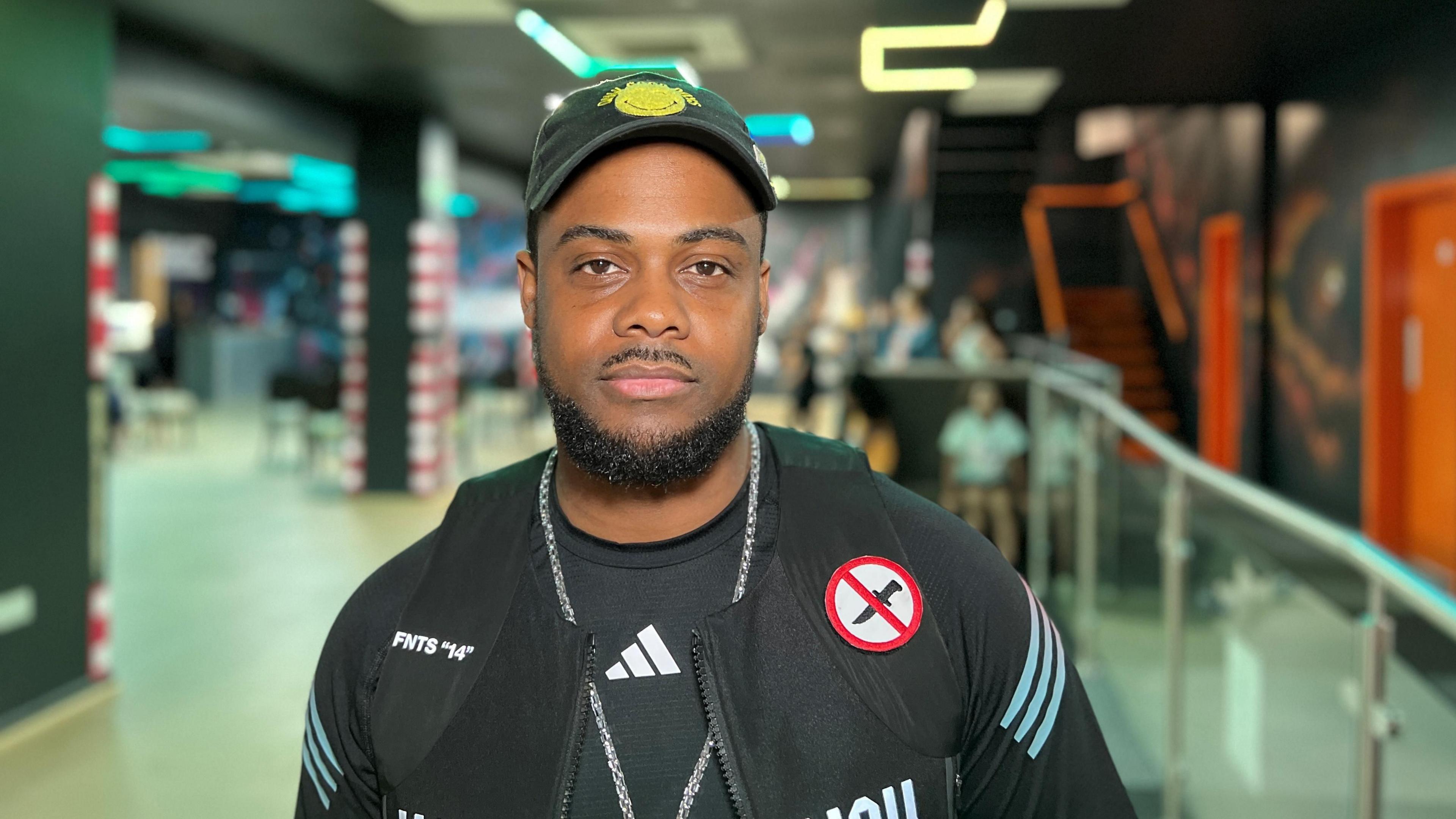Grieving mums unite as zombie knife ban enforced
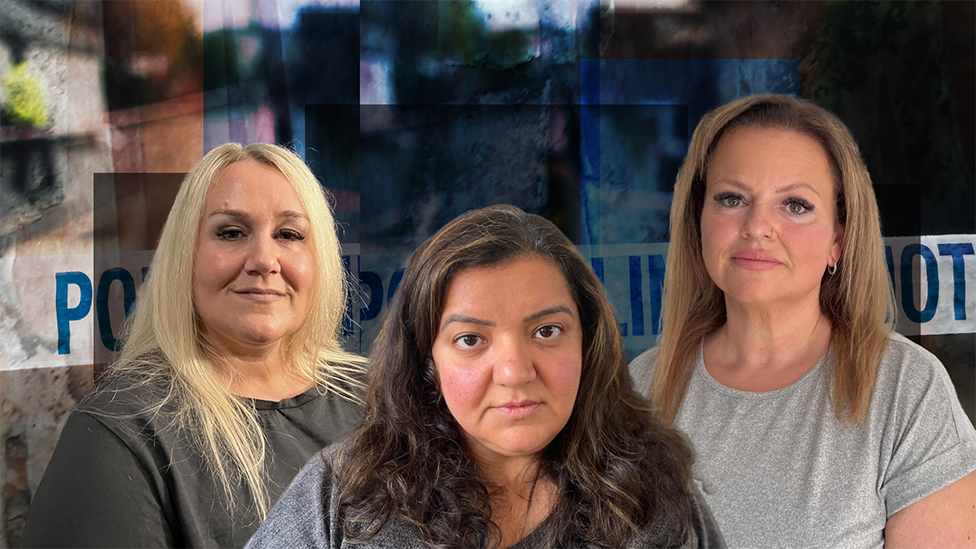
Alison Cope, Pooja Kanda and Charlotte Marshall (left to right) will quiz leaders of West Midlands Police together
- Published
Three mums whose sons were stabbed to death say the ban on zombie knives must go much further if the country is to win the fight against knife crime.
Alison Cope, Charlotte Marshall and Pooja Kanda say compulsory education in schools and earlier intervention for minor crimes is vital to help drive down senseless stabbings.
The women, from the West Midlands, have dedicated their lives to campaigning against knives since their sons were murdered.
They met on Tuesday to discuss the ban on serrated knives and how the region's authorities must cut the worst rate of knife crime in the country.
The ban, which came into force at midnight, means it is illegal to possess "zombie-style" knives and machetes in England and Wales.
Mrs Kanda, whose son Ronan was killed by a boy who had bought a machete and ninja sword set online using a fake name, said she did not believe the ban would have much effect.
She told the Labour party conference on Tuesday young people were likely to turn to kitchen knives or swords instead and wants the online sale of all large knives banned.
"I can't have this happen to another child. I just can't," she told the BBC.
Alison Cope's son was stabbed in the heart near a nightclub in Birmingham in 2013
Mrs Cope, whose son Joshua Ribera was murdered while attending a memorial event for another teen who had been stabbed, has spoken to thousands of schoolchildren in her efforts to draw them away from knife crime.
She strongly believes her work has saved lives, but says the education system needs to get a grip on the situation.
"We need to do more compulsory work, long term, in education," Ms Cope said. "We're waiting till it's too late."
She said she had heard of children starting secondary school petrified of knife crime and ending up carrying a knife themselves for protection.
A town where knife crime is falling - and why
- Published24 September 2024
‘If mine is bigger, I’m going to win’: Getting zombie knives off the streets
- Published23 September 2024
Ronan Kanda's killers had been excluded or suspended from school.
His mother said there needed to be a system in place to guide children in this position, rather than abandoning them.
"We need to support children instead of discarding them, because it can lead them to do things like murder," Ms Kanda said.
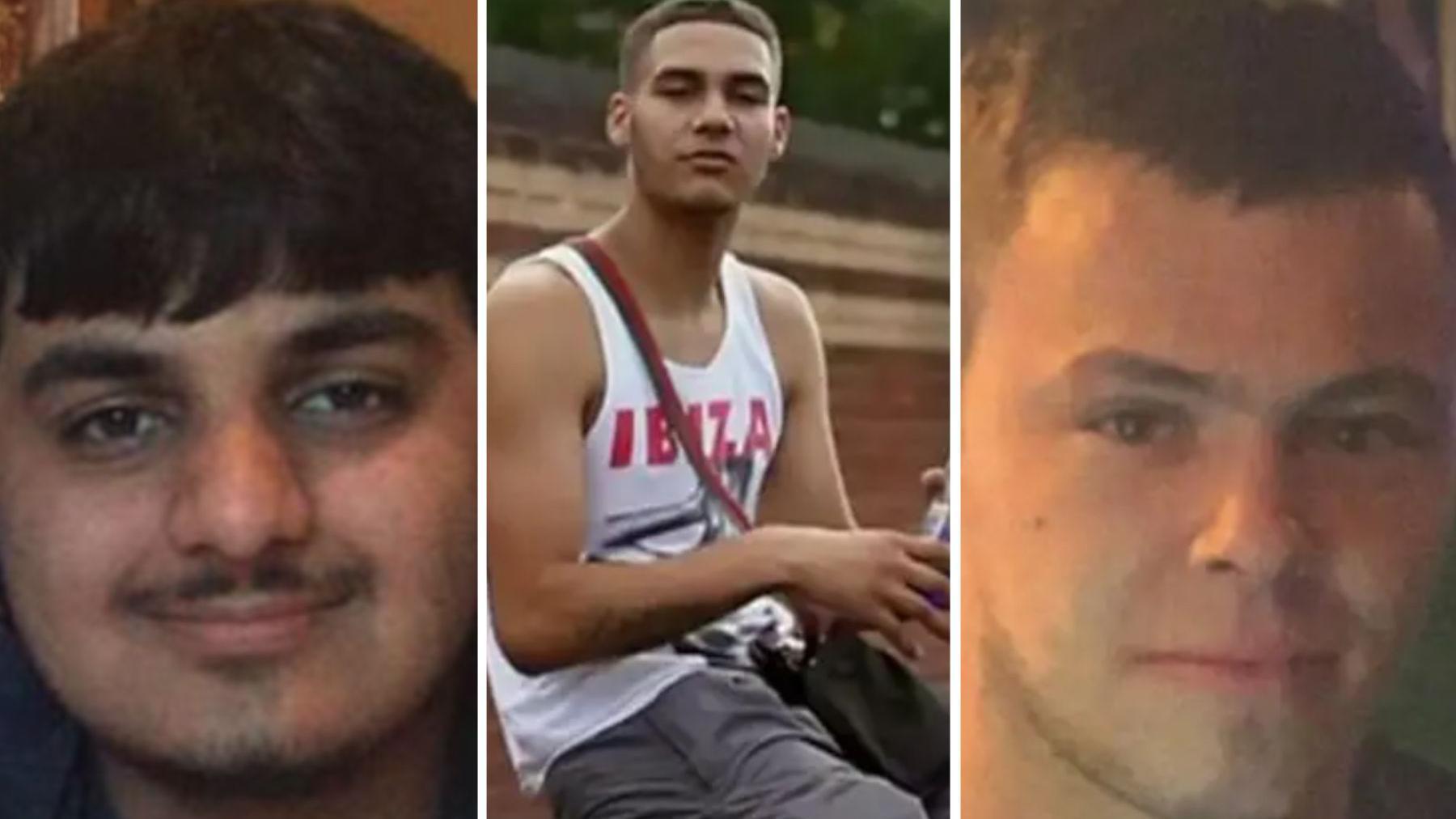
Ronan Kanda, Joshua Ribera and Reece Ottaway all died from stab wounds
Mrs Marshall said anyone caught with a knife should undergo a compulsory programme to ensure they understood the effects blades had on their lives and victims' families.
Her son Reece Ottaway, originally from Rugby in Warwickshire, was murdered by a gang of men who broke into his flat in Northampton.
His killers used a zombie-style knife, with one wound 15cm (6in) deep. They then took off with just £10 and an iPhone.
Mrs Kanda's son Ronan was killed by a boy who had bought knives online.
Ronan and Joshua's deaths have contributed to the statistics that show the West Midlands Police force area is the worst affected by knife crime in England.
There were 5,268 knife offences between April 2023 and March 2024, giving a rate of 178 crimes per 100,000 people.
Meanwhile, London's Metropolitan Police recorded 14,961 offences - a rate of 169 per 100,000 people.
Ms Kanda has urged the government to go after the source of the weapons as well, including online retailers or anyone selling knives without doing the proper checks.
"The knife needs to come out of their hand first, because you can't give a child a lecture while they're holding a knife," Ms Kanda said.
"So to me it is important that the online sale of these weapons are banned so they don't get into the wrong hands."
The new legislation will make it an offence to own, make, transport or sell a wide range of what are called "statement" knives favoured by criminal gangs.
However, the women have no doubt people will still get their hands on other blades and children will continue to die.
Charlotte Marshall's son was stabbed to death at his Northampton flat
'More investment'
The mums appeared on BBC Midlands Today along with West Midlands Police Chief Constable Craig Guildford and Police and Crime Commissioner Simon Foster on Tuesday.
The chief constable said the force had "good patrols in place", was investing more in prevention, and was arresting an increasing number of young people for carrying knives.
He also said he was pleased to announce that violent knife crime involving under 25s had reduced by about 17%, but the three mothers did not agree that police initiatives were working.
Charlotte Marshall said: "It seems like a pandemic and it keeps spreading."
Alison Cope said the mother's knew there was a problem with young people engaging with the police.
"We know there's not enough police officers to do stop and search.
"We also know that young people don't believe the message that they can be stabbed with their own knife."
She added: "I find that incredibly disrespectful to us, our children, and the future victims there will be in the West Midlands if they don't do something different."
Project Guardian, an initiative by the force to stamp out knife crime and tackle youth violence, was launched in 2019. It operates across Birmingham, the Black Country, Coventry and Solihull.
Mr Foster added more investment was being made in prevention, early intervention and addressing the underlying causes of violence.
He said his Violence Reduction Partnership was engaged in delivering a wide range of projects, including education in schools and youth workers in accident and emergency departments, police custody centres and on school routes.
Speaking on Midlands Today, the three mothers shared their thoughts on whether they could forgive their sons' killers.
Mrs Marshall said: "No, I can't forgive. I've lost my eldest son for £10 and an iPhone."
Ms Kanda said: "No forgiveness for him from me. I'm all for prevention and I'll do my best, but no forgiveness."
However, Mrs Cope said: "For me, I don’t hold any hatred or anger towards the young man that killed my son, which I know a lot of people don’t understand, but that’s how I feel."
Get in touch
Tell us which stories we should cover in Birmingham and the Black Country
Follow BBC Birmingham on BBC Sounds, Facebook, external, X, external and Instagram, external.
- Published24 July 2024
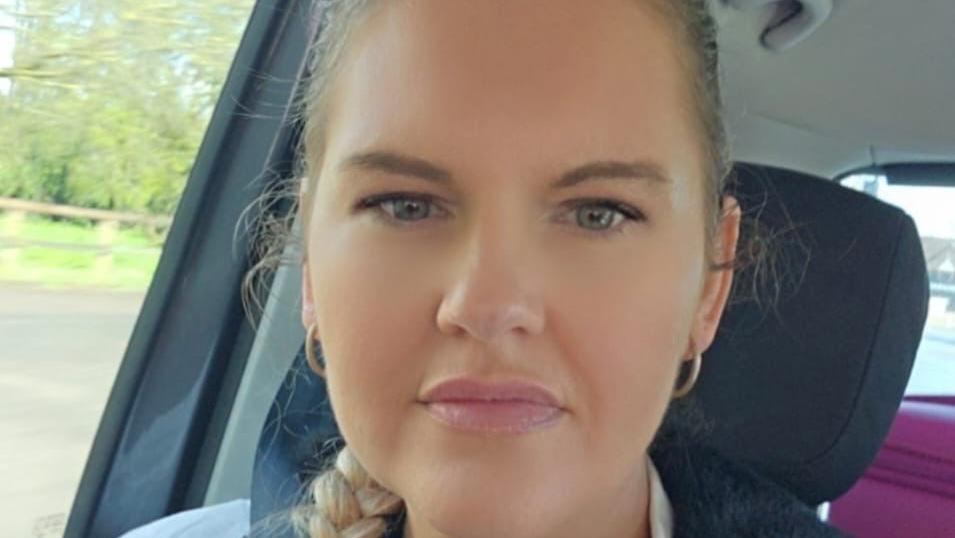
- Published12 June 2024
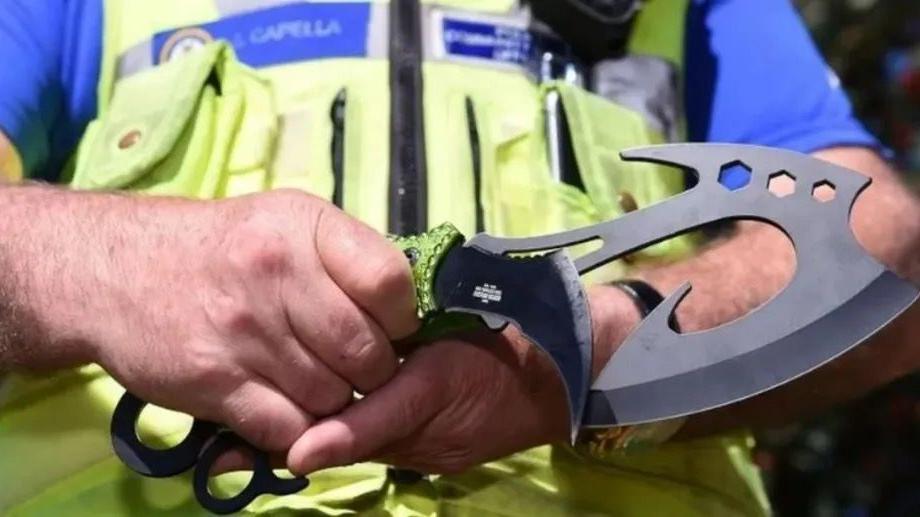
- Published25 April 2024
- Published12 October 2023
